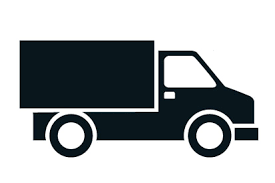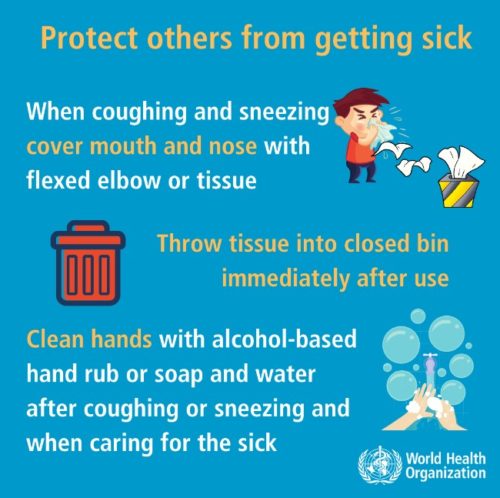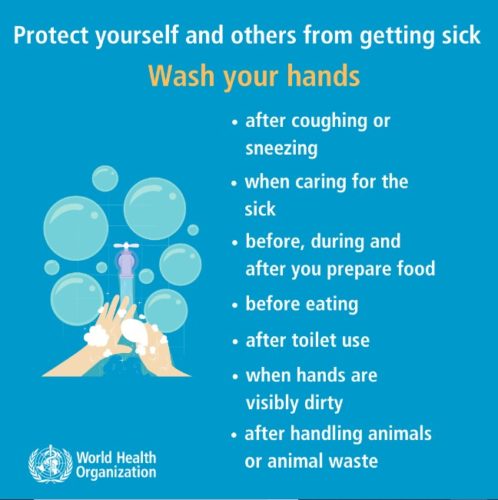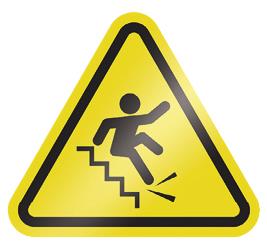According to the Health and Safety Executive, slips, trips and falls are the single most common cause of major incidents in UK workplaces, accounting for 29% of all reported specified (major) injuries in 2018/19.
Legal Duties
The key areas of health and safety law relevant to slips, trips and falls are:
• The Health and Safety at Work etc Act 1974 (HSWA).
• The Management of Health and Safety at Work Regulations 1999.
• The Workplace (Health, Safety and Welfare) Regulations 1992.
• The Safety Representatives and Safety Committees Regulations 1977.
• Occupiers’ Liability Act 1957.
The key risk factors are:
• Poor lighting that prevents people seeing obstructions, slippery surfaces etc.
• Damaged or incorrect flooring.
• Obstructions and objects left lying around.
• Inappropriate footwear.
Employer recommendations:
• Assess the risks to workers, decide how significant the risks are, prevent or control the risks and develop a clear management plan.
• Consult with the workforce and their representatives about risk assessments and actions.
• Ensure everyone is aware of the risk assessments and procedures in place.
Control methods or risk reduction techniques must be used to:
• Ensure conditions are correct from the start. Ensure flooring and lighting are fit for purpose and have the appropriate surface roughness characteristics.
• Provide staff with information and training on good working practice.
• Adopt a programme of planned preventative maintenance and undertake repairs when identified.
• Where floors may become wet or contaminated, ensure they are regularly inspected and dried immediately.
• Ensure spillages are promptly cleaned up.
• Ensure appropriate signage is displayed when areas are being cleaned and removed when the floor can be used normally.
• Ensure all accidents are investigated and staff made aware of the findings and actions taken.












